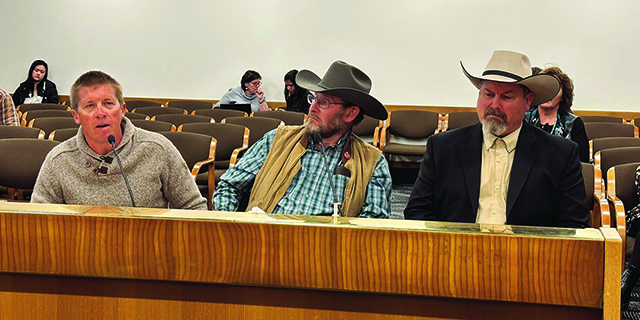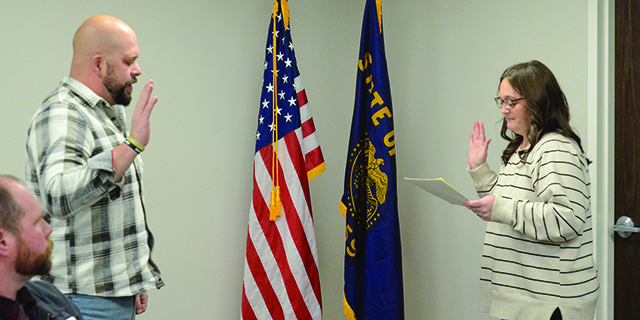JABBERWOCK II: Some of our best leaders are bipolar
Published 5:00 pm Tuesday, October 9, 2012
Stupid is as stupid does.
Forrest Gump
What do Martin Luther King Jr., Winston Churchill, Abraham Lincoln, Mahatma Gandhi, and John F. Kennedy all have in common?
Actually, in the 21st century the answer is threefold.
In addition to the commonality of being deceased, by modern standards each was crazy and likely would not be elected as president of the United States.
Sure, each of them accomplished flurries of positive things during their lifetimes, but who they innately were would create a cardboard furor today, giving campaign strategists inroads to capitalize on.
You see, each of the five men listed above was bipolar; bipolar disorder is a form of mental illness; and everyone knows any being with a mental illness is crazy and not worthy of a second handle.
Trending
In an article written by Dr. Nassir Ghaemi published one month ago in Psychology Today, Ghaemi spoke about the stigma of mental illness.
He said, Stigma is, after all, discrimination, like racism; perhaps worse: you can see skin color; you cant see mental illness. If you fear what you dont understand, then the fear of mental illness must be one of the deepest human fears.
My opinion is that public perception of mental illness today parallels public perception of the Black vs. White race issue 100 years ago.
Think of mentally ill individuals living in special homes within our community. When is the last time you dropped in for a friendly chat or delivered a bowl of fruit to anyone inflicted with mental illness?
And, strange as it may seem, God loves each of them just as much as you or I. Go figure.
Face it, a mental illness tag would be more than ideal for a campaign strategist wishing to exploit weaknesses of his candidates opponent.
Furthermore, its not as if presidential elections in the 21st century are designed to elect the most competent man into the position. Anyone with any semblance of political knowledge knows without doubt that national candidates are selected on electability, not on what they best can accomplish for constituents.
It wasnt until I read Ghaemis article that I learned that one of my all-time favorite historical figures, Winston Churchill, was bipolar. Not only was Churchill a stalwart ally during WWII and unbelievably quotable courtesy of wit and candor, but he was a gifted, prolific writer.
My favorite story of Churchill, told in one of his autobiographies, dealt with the time when after escaping from a South African prison camp as a young man during the Boer Wars he felt helpless.
In the middle of enemy territory, possibly 200 miles from safety, Churchill did what he normally did not do pray and randomly selected a door to knock on and ask for assistance. The man who responded to his knock, an individual who later hid and trucked Churchill to safety, laughed that a knock on any other door within a 20-mile radius would have resulted in a return-ticket to prison.
In addition, JFK was treated with an antipsychotic for the lower level of bipolar disorder, depression, while he was in the White House.
Were Karl Rove privy to that information and older than 9 at the time, he likely would have hammered that point to death both in political literature and drafted stump speeches, thus hindering JFKs chances of originally being elected.
Still, overall political strategies may now be a thing of the past. The Supreme Court has removed ceilings from campaign contributions, thus opening doors for those with the deepest pockets throughout the world to buy a presidential election.









